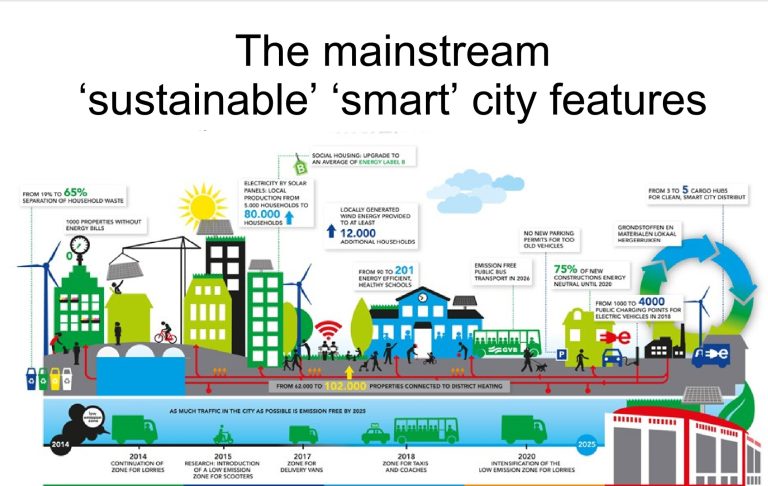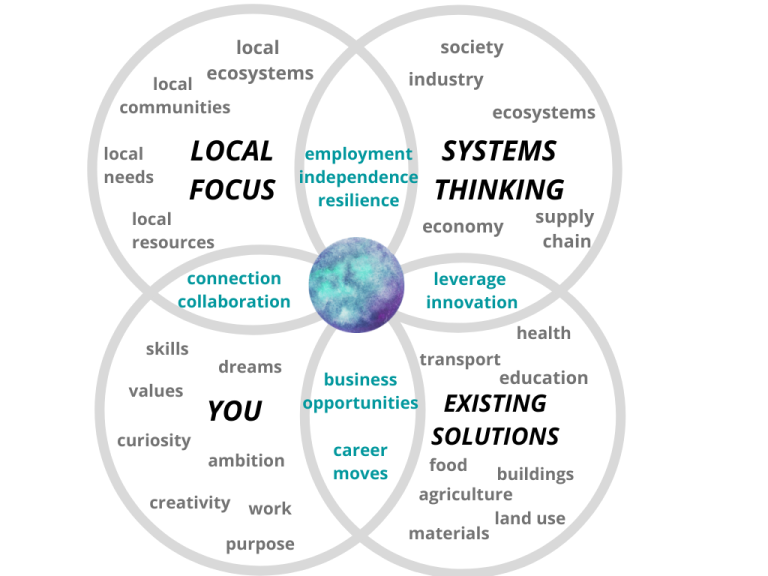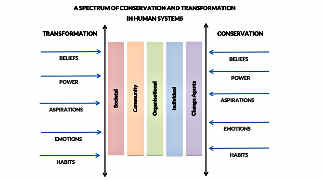How can you increase your influence?
A major work on influencing that can support whatever you’re out to achieve in life is Robert Cialdini’s “Influencing: The Psychology of Persuasion”. His work shows that influencing is a science, not just a magical talent. Cialdini’s research on what moves people to action has identified 6 key ways that you can increase your influence. They are:
- Reciprocity – People are more likely to give back when they have received something of value.
- Consistency – People like to be consistent with the things they have previously said or done.
- Social proof – People like to do what others similar to them are already doing.
- Liking – People prefer to say “yes” to those they like – those who are similar, those who they identify and those who treat them well.
- Authority – People follow the lead of credible, knowledgeable experts.
- Scarcity – People want more of things that are scarce – things they might miss out on.
You can do more than just “be the change you want to see in the world”, you can also learn how to influence more effectively in order to create the change you want to see.
That doesn’t just mean getting things done ‘for the planet’ – it also means that anything you do where you want to influence people will likely go smoother. So whether it’s organising a family holiday or installing a new production line, it’s well worth exploring.
There’s a useful video introduction on YouTube here:
How DON’T you influence?
Most people have their preferred approach, but practice across all six dimensions can improve your influencing results.
So take the list of strategies above, and sort out the one you do LEAST often. What are three ways you could leverage that influencing strategy in interactions over the next three days?
Run an internal thought experiment in your head and work how best to apply this strategy. Think about the person you want to influence and how you would best connect with them, their needs and their wants.
How are you going to shift the quality of YOUR communication – and get better results by communicating differently?







